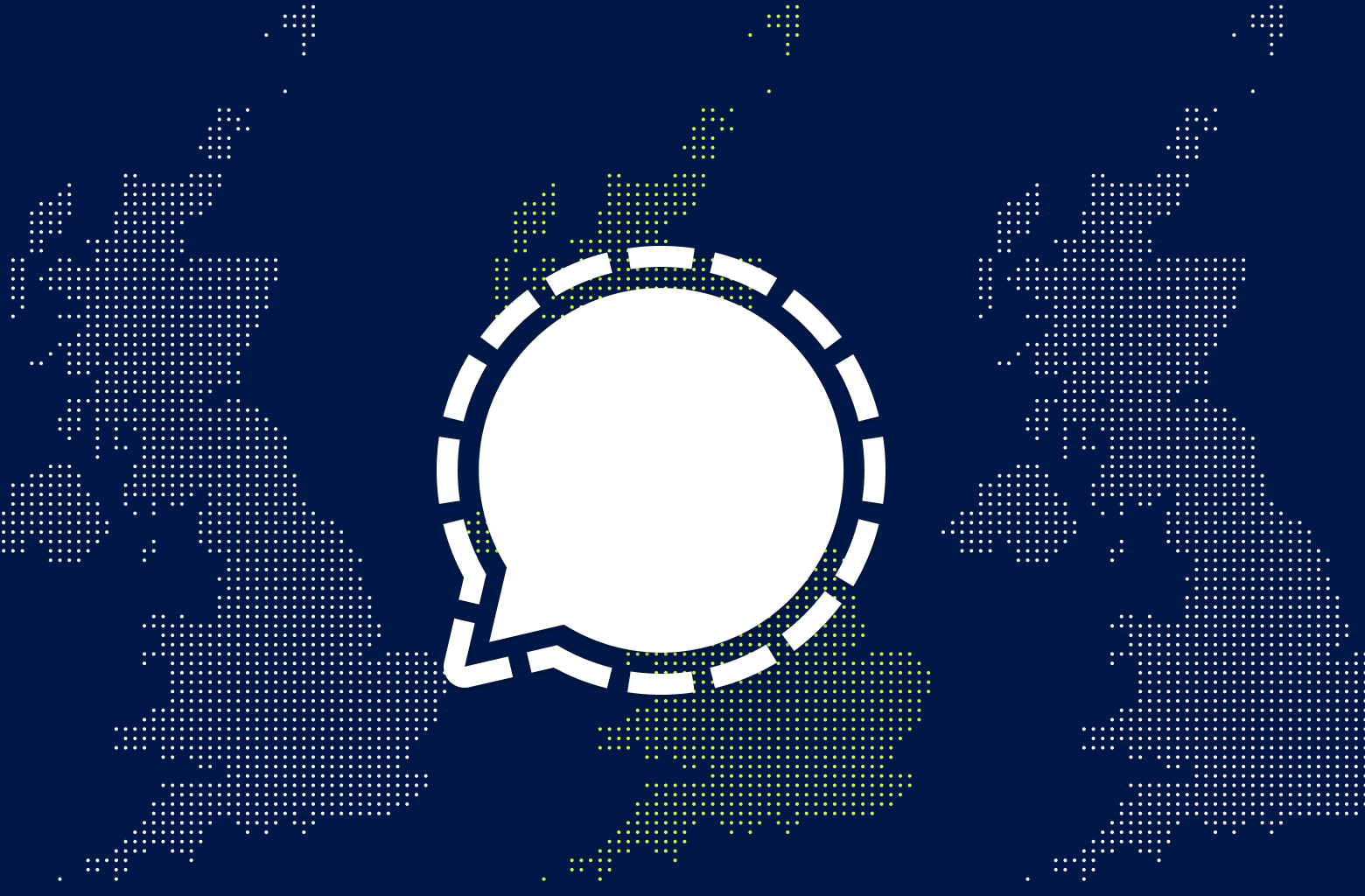
Signal exists to provide people everywhere with a tool for real private communication. That’s our only goal, and we take it very seriously. We’re structured as a nonprofit to ensure that market forces can never put profit or expediency over the safety of those who rely on us. Our work also resonates beyond the Signal app. The Signal Protocol has become the foundation for end-to-end encryption technology that is used and trusted by many private messaging services to protect billions of messages every day.
We recognize that privacy is a human right and that free expression and the ability to dissent are fundamental to a safe and vibrant society. But the current state of the Online Safety Bill in the UK puts the future of privacy and expression in grave jeopardy.
While it may seem surprising that a bill whose namesake is “online safety” could weaken the technological foundation that keeps billions of people safe online, that’s sadly what is happening. As written, the Bill contains provisions that are positioned to undermine encryption, and could create an unprecedented regime of mass surveillance that would all but eliminate the ability of people in the UK to communicate with each other outside of government interference.
Let me be blunt: encryption is either broken for everyone, or it works for everyone. There is no way to create a safe backdoor.
As a whole, the Online Safety Bill is a grab bag. Sensible proposals are positioned next to dangerous “spy clauses” and vague “duty of care” provisions that make providers responsible for policing the content of every message sent by every user. A report from the Internet Society makes the stakes clear: “the only way for service providers that offer end-to-end encryption to comply with this duty of care would be to remove or weaken the encryption that they offer.” Experts from the UK-based Open Rights Group have also criticized the Bill’s potential to offer future configurations of the UK government “considerable leeway” to “introduce draconian and authoritarian-style censorship,” expanding the scope of government control over expression. Some supporters negligently assure the public that such mass government inspection of messages is compatible with strong end-to-end encryption. We know that it is not.
The history of digital technology is littered with the magical thinking of governments that have tried and failed to create backdoors that can only be accessed by “the good guys” while remaining secure against threats from “everyone else.” These efforts have failed because what they’re attempting is impossible. The infamous Clipper Chip is only one example. Millions of dollars have been spent on dead ends, and projects shelved over and over again. The truth is that any scheme that provides access for “us” can just as quickly be exploited by “them” – hostile actors eager to compromise critical infrastructures on which the UK’s government, economy, and institutions rely.
Others express an equally dangerous but more novel variant of magical thinking. They concede that backdoors aren’t the way forward. Instead, they propose mass surveillance “outside” of encryption, generally pointing to so-called client-side scanning systems. Don’t worry, these proponents assure us, we will scan your messages on your device before they’re encrypted, checking them against opaque databases of banned speech to ensure that you’re staying within government-approved boundaries of expression. After that? Sure, go ahead and encrypt. This kind of faustian bargain nullifies the whole premise of encryption by mandating deeply insecure technology that would enable the government to literally check every utterance before it is expressed.
So how did a bill that contains such a significant threat to privacy, safety, and fundamental rights make it so far? One reason could be the emotional gravity of the problems it claims to solve. Harm to children is a monstrous topic to contemplate. Everyone feels a jolt of horror on hearing accounts of such abuse. And in the face of grave horror, there is a reflex to act. For many, the Bill is an easy way to “do something.”
But we cannot let well-meaning emotions lead us to authoritarian futures. As Cambridge’s Dr. Ross Anderson has explained, there is scant evidence that the mass surveillance suggested in the Bill would address the complex social problems at the root of child exploitation and abuse. There is, however, a wealth of evidence suggesting that non-technical remedies like providing more resources to responders, improving social safety nets, and addressing the familial and institutional contexts within which abuse occurs have a much better track record of actually aiding the people these provisions claim to support.
As written, the provisions in the Online Safety Bill are poised to eviscerate privacy while opening new vectors for exploitation that threaten the safety and security of everyone in the UK. As one of the first of its kind, it could also create a template that would certainly be copied by authoritarian governments. We oppose the Bill in its current form, and believe key provisions need to be fundamentally reconsidered.
When the Iranian government blocked Signal, we recognized that the people in Iran who needed privacy were not represented by the authoritarian state, and we worked with our community to set up proxies and other means to ensure that Iranians could access Signal.
As in Iran, we will continue to do everything in our power to ensure that people in the UK have access to Signal and to private communications. But we will not undermine or compromise the privacy and safety promises we make to people in the UK, and everywhere else in the world.
Meredith Whittaker, President of Signal